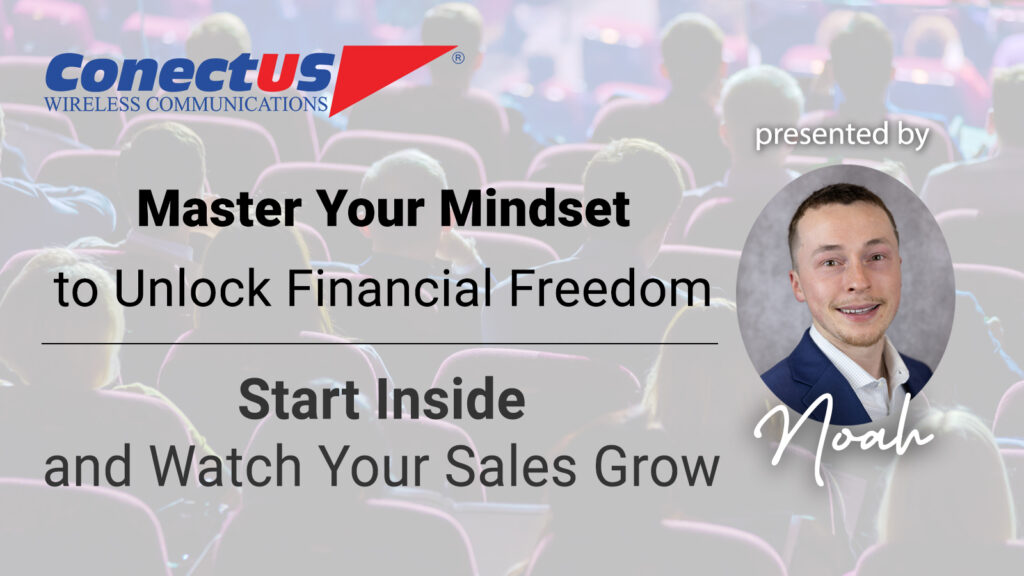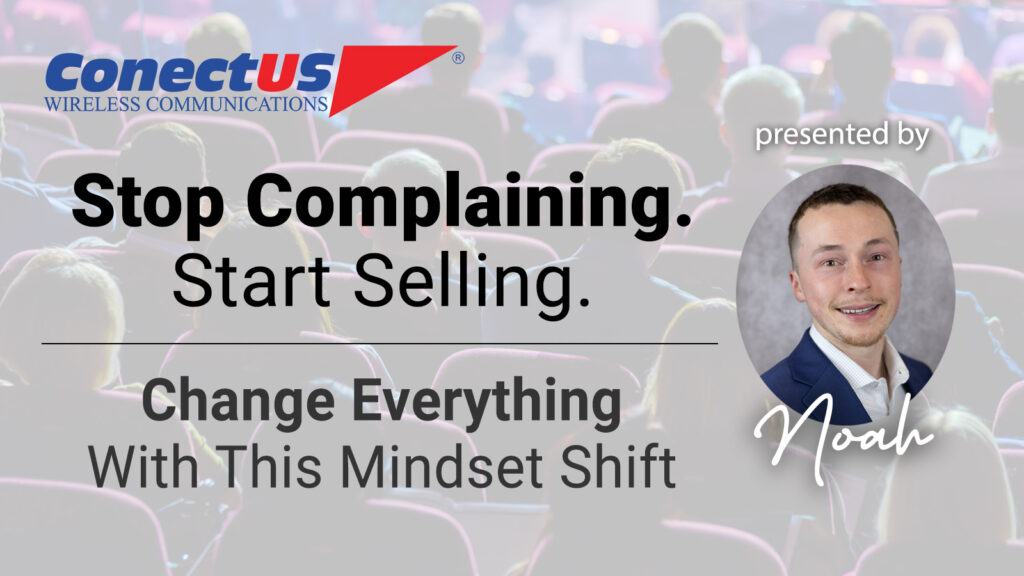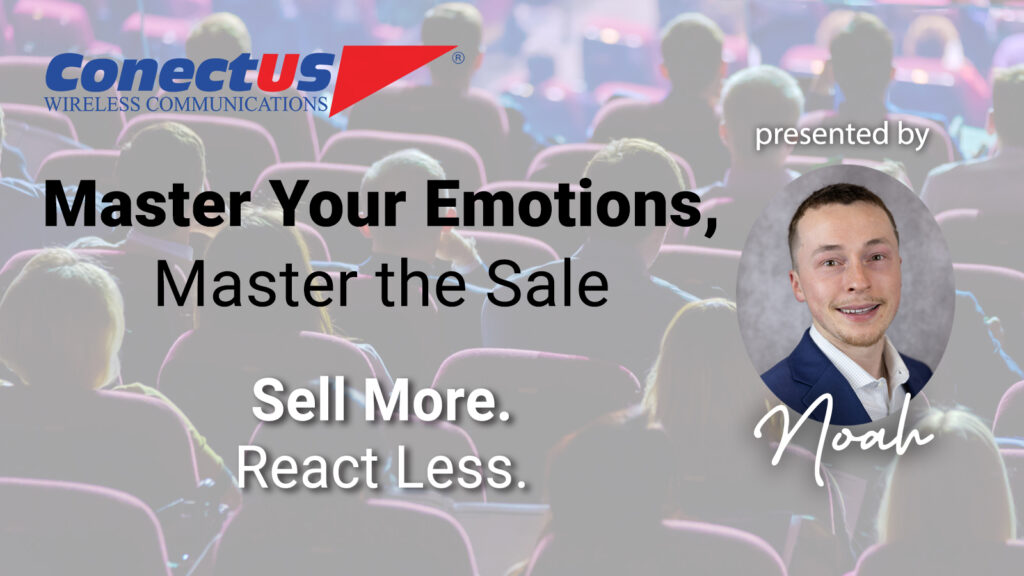Great Product, No Sale? You’re Probably Making This Mistake
Getting a sale is not an easy task and most people who have some amount of experience with sales are quite aware of that. When a salesperson prepares his or her pitch, there are so many factors to be taken into consideration, including what should be avoided so as to not turn the potential client off. There is, of course, no way of reading your client’s mind completely, but there are certain things that you can be pretty sure no one would like, especially those who might be spending money on your product. Perhaps, the main thing when it comes to sales is the point that closing the sale is not only about the product you are selling. A large part of the client’s decision to accept or reject the product can depend on how you conduct yourself throughout the entire sales process. If you are amicable, confident and knowledgeable, they could warm up to you and your product, but if they do not like you as a person, their reaction to you could extend into what they feel about the product. For example, being late for an appointment (especially when you trying to sell something to a client) is an absolute faux pas. But you would be surprised at how many people go late to sales appointment, whatever the reason for that might be. As a salesperson, if you assume that you can get away with such misdemeanors, you are being extremely naïve. For starters, be aware of the fact that most people are quick with first impressions and these impressions usually last. Once they have already had a negative impression about you for making them wait, they might not be too open about listening to what you have to say about the product you have on offer. From your point of view, they might just have been waiting five minutes or 10, but keep in mind that almost everyone is running on a tight schedule and, after all, time is money. To close a sale, a salesperson has to be confident about him or herself and also the product they are offering. Part of your job as a salesperson is to convey to the client that your product is the solution to a certain problem that they have. But there is a very thin line between confidence and overconfidence. If you walk into a sales meeting acting and talking overly self-confidently it could very well be a major turn off. Your clients do not want to be treated as simpletons who do not know what is good for their business. You want to identify a need for them in their business setup and offer them a solution, and not talk to them as if they are too slow to know any better. You want to make sure than when you are presenting your pitch you never come across as being arrogant. Clients especially dislike having to speak with salespeople who treat them with disdain and superiority. If that is the case, even if the client needs the product you are offering, it is very possible that they might choose to get a similar product from somewhere else. The same goes for aggressiveness. There are many salespeople who believe that pushing the product forcefully can lead to a sale, but that is a delicate path to tread. This might work every once in a while for you, but more often than not, clients get uncomfortable when you assertively try to push a product onto them. Clients like to make their own decisions and you are there to offer them options, not to force decisions upon them. Bear in mind that your clients are usually well aware of the workings of their business and industry norms, and being as knowledgeable as they are, they will probably not digest everything you say without questions. Part of the problem lies in the fact that many salespeople do not get proper training into the dos and don’ts of a sales pitch, so they might go about doing things in any way they please, as long as they can close the deal. A salesperson that is not properly trained in sales might not realize the importance of customizing the sales pitch for different clients, body language, or the various other matters that considerably impact sales. Carrying out a good sales pitch and closing the deal is nothing short of an art, and it is most definitely not something everyone can handle naturally. If you are a manager, make sure the salespeople you are sending out into the field are those who understand the nature of sales and clients and deal with them accordingly. Knowing the ways of keeping your sales pitch under control is one of the first steps to closing a sale, and mastering this sets you apart from the crowd.











